Foundational Doctrines in Biblical Counseling: A Guide to Understanding
In the article “Essential Doctrines for Counseling” by Don Roy, featured on the Association of Certified Biblical Counselors’ website, Roy outlines four key doctrines that are crucial for effective biblical counseling. These doctrines are vital for both counselors and counselees to understand as they navigate the complexities of Christian living and personal struggles.
Understanding Salvation Beyond Intellectual Assent
Roy begins with a discussion on the doctrine of salvation. He emphasizes that true salvation is more than just intellectual agreement with biblical truths; it involves a transformative discipleship. Roy points out that many professing believers, especially those from culturally Christian backgrounds like the Bible Belt, often lack a deep understanding of salvation. He suggests counselors should explore whether individuals truly comprehend the nature of justification and the full scope of salvation, which includes sanctification and glorification.
Counselors are encouraged to seek the personal testimonies of their counselees to gauge their understanding of salvation. This involves assessing whether there has been a noticeable change in their lives post-conversion and whether they genuinely understand their need for a Savior. The goal is to ensure that counselees are not merely “asking Jesus into their hearts” but are recognizing their sinfulness and their need for redemption from God’s wrath.
The Continuous Journey of Sanctification
The second doctrine Roy highlights is sanctification. He notes that many believers mistakenly expect that their sinful desires will disappear upon conversion. This misconception often leads to confusion and discouragement when they continue to struggle with sin. Roy emphasizes that sanctification is a lifelong process in which believers are progressively conformed to the image of Christ.
Roy stresses the importance of understanding that struggles with sin are a normal part of the Christian life. He encourages counselors to teach their counselees that while sanctification is a certain work of God, believers are called to actively participate in it. This involves ongoing repentance, seeking forgiveness, and relying on God’s strength to overcome sin. He also advises that growth in holiness will be gradual and often accompanied by setbacks, but it is assured by God’s continuous work in believers’ lives.
Embracing God’s Purpose in Suffering
The third essential doctrine Roy discusses is the biblical view of suffering. He explains that suffering is an inevitable part of life in a fallen world and serves as a tool for spiritual growth and maturity. Roy argues that many counselees are surprised by suffering and often see it as a sign of God’s displeasure or a lack of faith.
Roy outlines several key points for understanding suffering from a biblical perspective. First, suffering is a common experience due to the fallen nature of the world. Second, while suffering can be corrective, it is often a part of God’s deliberate process of shaping believers. Third, believers are called to rejoice in their trials, not because they enjoy them, but because they trust that God is using them for their spiritual benefit. Finally, he emphasizes the importance of not turning to idols for comfort but relying on God’s strength to endure.
The Hope of Future Glory
The fourth doctrine Roy presents is the future hope promised to believers. He acknowledges that not all suffering will be resolved in this life; some trials will persist until eternity. This includes chronic pain, unresolved grief, and difficult relationships. Roy emphasizes that God does not guarantee the resolution of all earthly problems but promises growth in holiness.
Roy encourages counselors to help their counselees adopt an eternal perspective, focusing on the future glory that awaits them in Christ. This eternal perspective provides comfort and hope, reminding believers that their present sufferings are temporary and will be outweighed by the eternal glory to come. He quotes 2 Corinthians 4:16-18, where Paul speaks of his afflictions as “momentary, light afflictions” in comparison to the eternal weight of glory.
Conclusion
Don Roy’s article “Essential Doctrines for Counseling” provides a comprehensive guide to understanding key biblical doctrines that are crucial for effective counseling. By emphasizing a transformative view of salvation, the ongoing process of sanctification, the purpose of suffering, and the hope of future glory, Roy equips counselors with the theological foundation necessary to guide their counselees towards spiritual maturity and resilience. These doctrines, when understood and applied, can significantly impact the counseling process, helping individuals to navigate their struggles with a biblically grounded perspective.
For a deeper dive into these essential doctrines, read the full article by Don Roy here.







